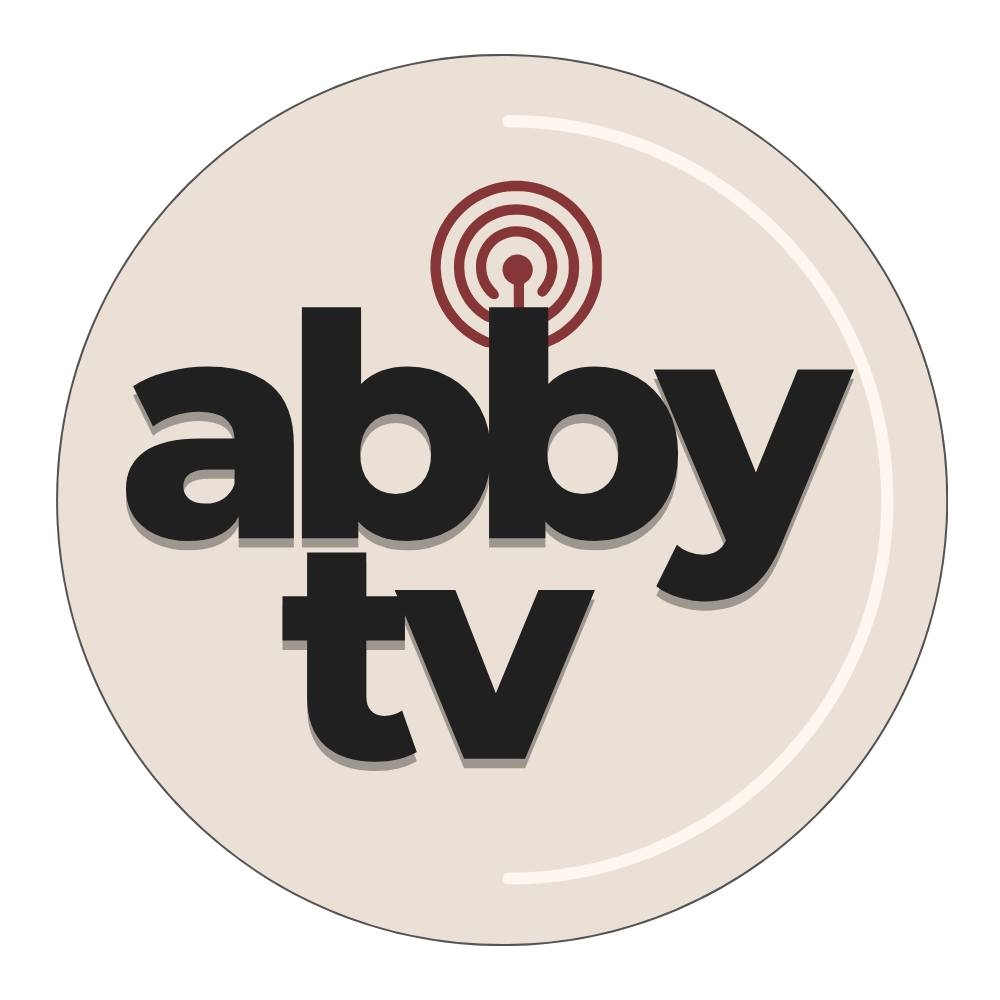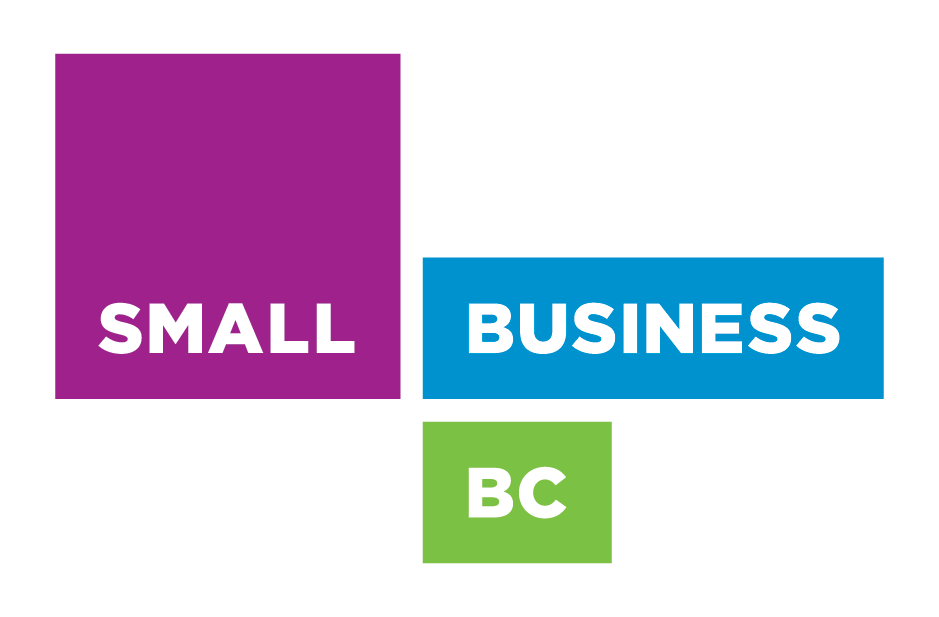Victoria/Surrey – On Tuesday, BC’s Minister of Finance Carole James provided a Provincial Government deficit snapshot. This operating deficit is estimated to be $12.524 billion CAD as a result of reduced revenues due to the economic shut down and stimulus spending via the BC Temporary Rental Supplement (BC-TRS) Program, BC Emergency Benefit for Workers, Child Care for Essential Service Workers, Provincial Payment Deferrals of employer health tax until September 2020, among many others.
“Many jobs that Canadian’s held are not coming back including travel, retail, restaurants, and other small businesses. It is time we pivot and commit to infrastructure – transportation, energy, resources – and workforce investments, collaborating with educational institutions across the province to instigate economic activity,” said Anita Huberman, CEO of the Surrey Board of Trade. “Many industries such as manufacturing, technology, and health have indicated a skills gap for years, and it is time for structured, sustainable, and ongoing investment into upskilling and reskilling.”
“When examining the overall debt-to-GDP ratio, we are on par or better off than many other provinces affected by the pandemic (ranked fourth). Government has been doing a phenomenal job by protecting and providing for British Columbians. There needs to be a path forward – forecasting, moving forward and moving on is necessary.”
BC’s most likely economic scenario:
Under the scenario, the taxpayer-supported debt level (which excludes the debt of commercial Crown corporations) is $61.9 billion at the end of 2020/21. The projection in Budget 2020 was $49.2 billion at the end of 2020/21. Flowing from the changes to debt levels, the taxpayer-supported debt-to-GDP ratio increases in 2020/21 under this scenario to 22%. This increase from 15.5% forecast in Budget 2020 is due to higher debt levels and lower GDP assumed under the scenario.
Highlights of the snapshot include:
Program costs:
– $3.5 billion for critical services to protect the health and safety of British Columbians and for immediate financial relief to individuals and businesses
– $1.5 billion for building BC’s longer-term plan for economic recovery
– Over $1 billion to support health care response measures, including lab testing, supports for long-term care facilities, health prevention and contact tracing, staffing and surge capacity building and mental health supports
– Over $250 million to maintain childcare services and supports
– Nearly $90 million for vulnerable populations, including temporary housing, meal and health supports. This is in addition to the estimated $110 million for capital investments in hotels to move people living in encampments into safe spaces
– $50 million to maintain services for adults with developmental disabilities and to provide emergency funding for vulnerable children and youth
– Over $1 billion to support the BC Emergency Benefit for Workers
– Over $350 million for the crisis supplement and supports for income and disability assistance clients
– $150 million for temporary rent supplement
– $106 million for the federal-provincial cost share program for the Temporary Pandemic Pay for Essential Workers
– $79 million for the federal-provincial cost share program for the Canada Emergency Commercial Rent Assistance Program
– $40 million for emergency relief for businesses that provide animal care, to support the agriculture sector and for park operators and community tourism organizations
Tax Credits and Reduced Payments
– $500 million for the one-time Climate Action Tax Credit increase in July
– Over $700 million in reduced school tax rates for commercial properties (an average of 25%) in the 2020 calendar year
– Nearly $200 million in relief by delaying the increase to the carbon tax and other new Budget 2020 tax measures, providing temporary wholesale pricing for liquor licensees, and for ICBC fee relief measures
Tax and Payment Deferrals
– $70 million in deferrals for a six-month moratorium on student loan collection
– $200 million for BC Hydro relief measures for residential and commercial customers and bill deferrals for industrial customers
– Over $1 billion in deferrals by postponing municipal remittance date for school taxes to the end of the calendar year
– Over $5 billion in deferrals by extending tax filing and payment deadlines by six months for the EHT, PST, municipal and regional district tax on short-term accommodation, tobacco tax, motor fuel tax and carbon tax
For the full quarterly fiscal update please visit https://www2.gov.bc.ca/assets/gov/british-columbians-our-governments/government-finances/quarterly-reports/2020-21-economic-fiscal-update-backgrounder.pdf
For the presentation of the quarterly fiscal update visit https://www2.gov.bc.ca/assets/gov/british-columbians-our-governments/government-finances/quarterly-reports/2020-21-economic-fiscal-update.pdf













